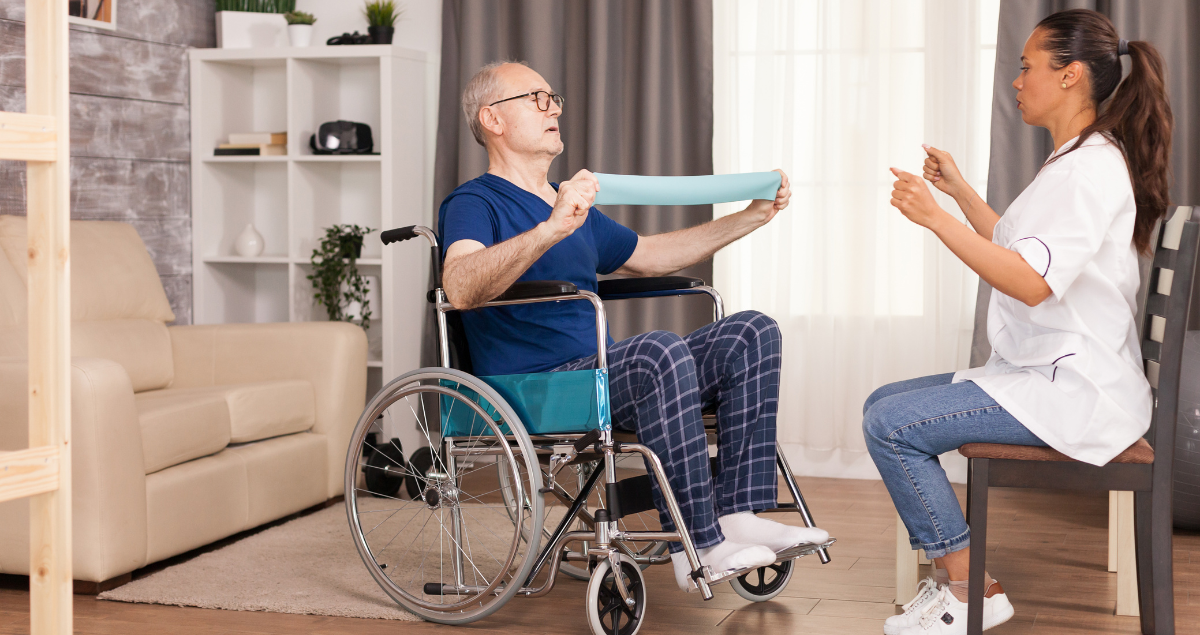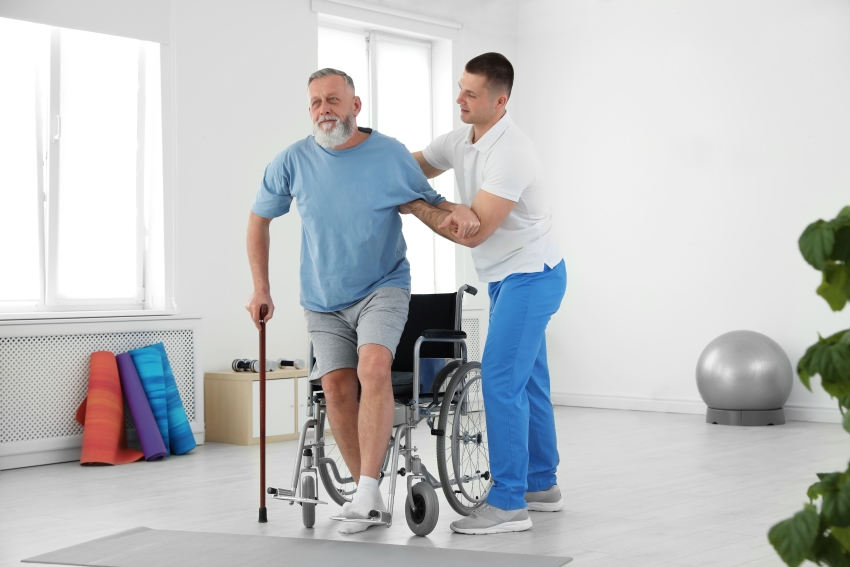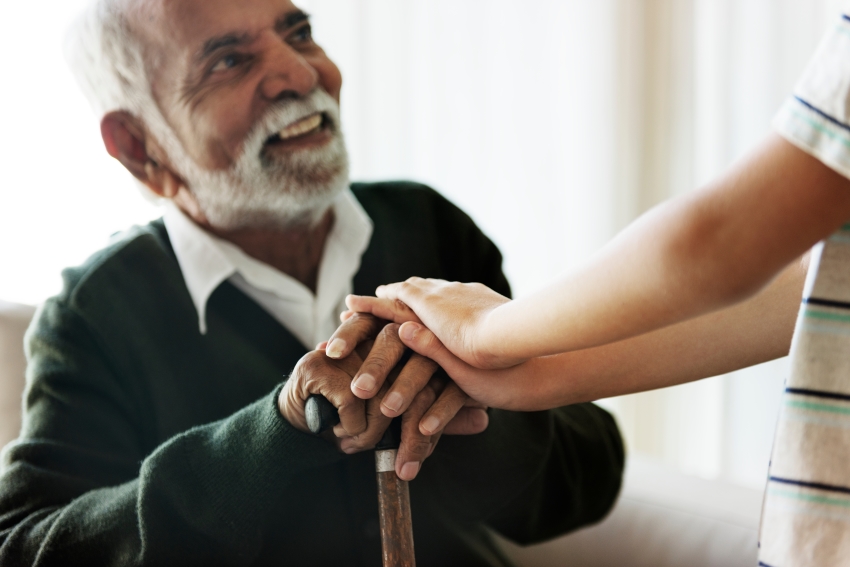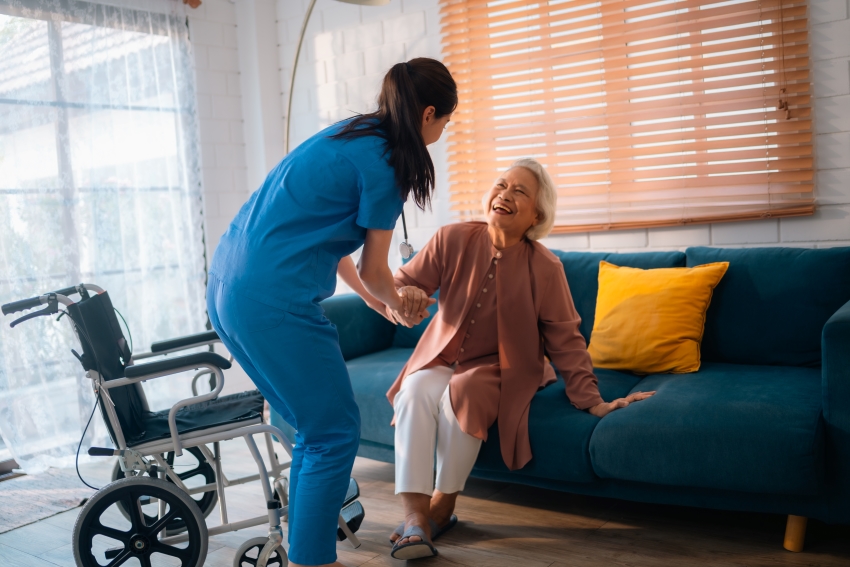Confused between a nursing home and home care nursing in Mumbai? Understand the purpose, services.


Confused between a nursing home and home care nursing in Mumbai? Understand the purpose, services.

Looking for affordable nursing services in Mumbai? Learn what kind of care nursing homes

Ageing gracefully begins at home. Discover how home physiotherapy helps seniors stay active.

Let’s find out how it helps prevent disability and improves quality of life

Discover simple, senior-friendly exercises that safely boost strength, balance, and flexibility.

Here's a guide to finding best reliable home nursing services in Mumbai

A guide to the best affordable nursing services in Mumbai that bring reliable care to your home

Finding right care at home should be comforting, Here’s how you can find affordable nursing services

Explore how choosing right nursing service in Mumbai ensures comfort, safety, and professional care

Here’s everything you need to know about costs, services, and the right provider for your loved ones

Discover expert tips to choose the right home nursing service in Mumbai.

This blog explains how nursing bureaus make senior healthcare at home easier, safer, and more reliab